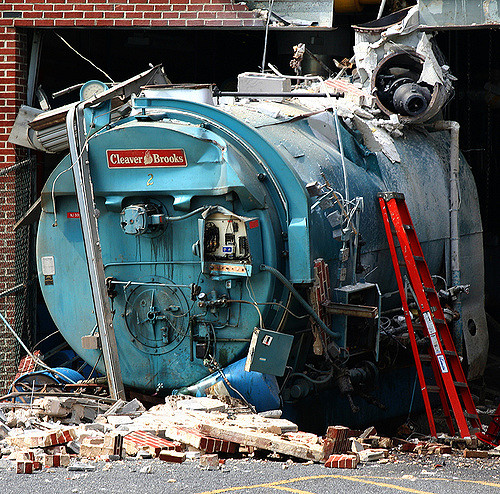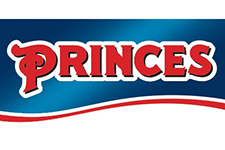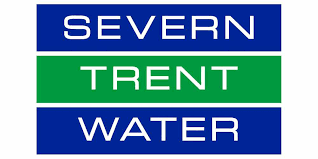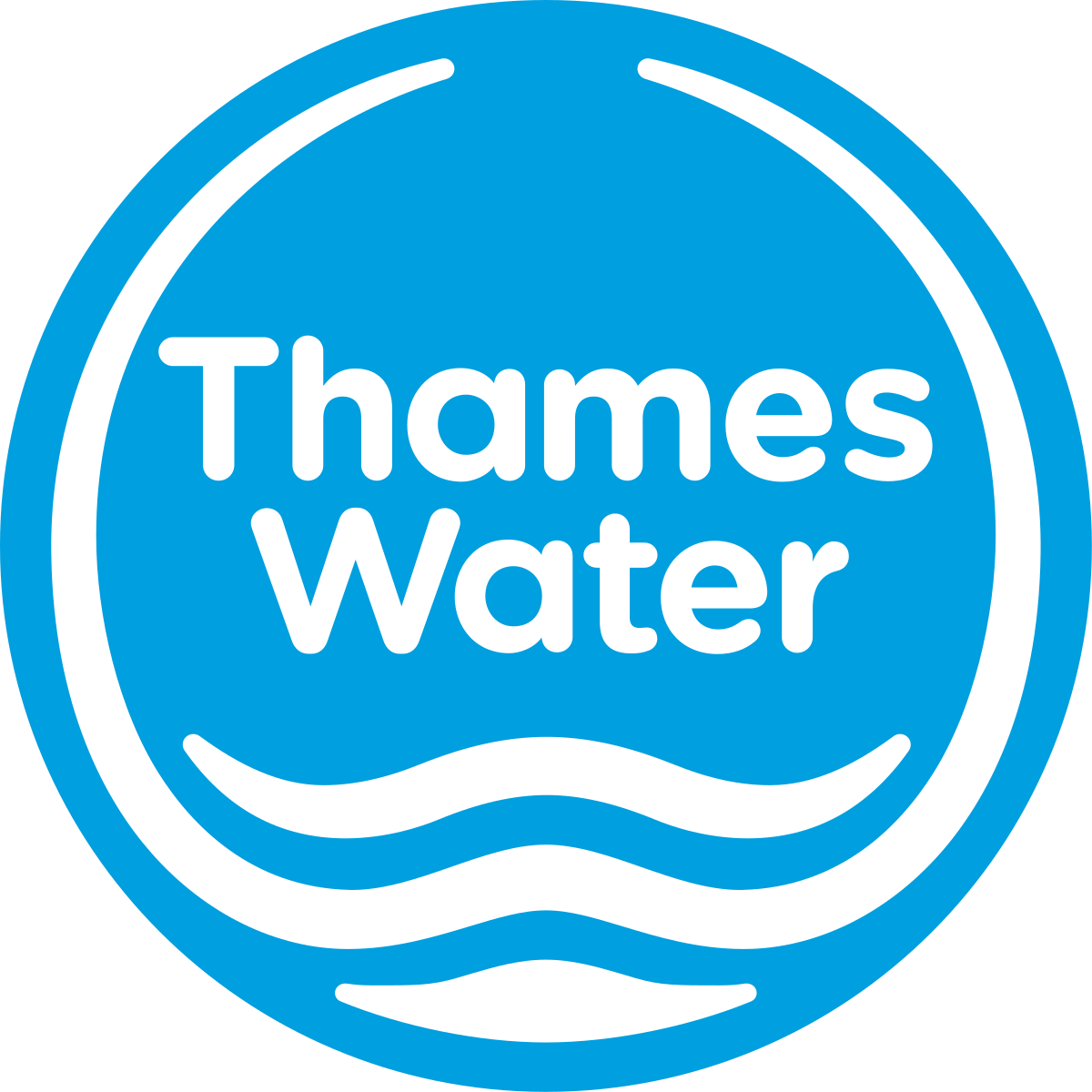Technical Boiler House Risk Assessment
The Importance of Risk Assessments
A suitable and sufficient Technical Boiler House Risk Assessment is a legal requirement under The Management of Health and Safety at Work Regulations 1999 (MHSWR), Section Three.
A Technical Boiler House Risk Assessment is an example of the type of record that should be kept and made available for scrutiny under The Pressure Systems Safety Regulations 2000 (PSSR), Regulation Fourteen, and is further recommended within BG01 Guidelines and The Health and Safety Publication INDG436.

What We Offer
Not just an Operational Task Risk Assessment, the Technical Boiler House Risk Assessment assesses the entire Boiler House; including things such as:
- The Steam Boiler(s) and Boiler Controls
- The Primary Steam Header and Distribution System exiting the Boiler House
- The Feed Water Tank (Hotwell)
- The Water Treatment Plant and Associated Feedwater System
- The Blowdown Vessel and Boiler Blowdowns
Within our detailed Technical Boiler House Risk Assessment; we consider issues such as, although not limited to:
- The likelihood and severity of potential injuries
- The location and layout of the boiler room
- Operational risks
- Manning levels
- Additional controls for remote and/or unmanned boiler operation
- Conformance with current Guidelines and Regulations
- Achievable efficiency gains
- Documentation available concerning steam raising plant and equipment
M&M Training offer an independent risk assessment of your Boiler House, carried out by engineers who provide you with a written report. Should there be any issues, these will be identified within the report by the use of a simple traffic light system.
The report will also recommend any necessary control measures needed and the reduced level of risk shown within the traffic light system. We are then able to offer our services to help you take the necessary steps, to keep all personnel and the surrounding property safe.
Interested?
Detailed information on your assets are greatly appreciated.
- Quantity and type of boilers
- Firetube, water-tube, horizontal, vertical, generators, etc.
- Burner Fuel
- Natural gas, fuel oil, LPG, etc.
- Typical boiler pressure
- Type of water treatment
- Type of feed tank
- atmospheric vented hotwell, pressurised DA, etc.
Questions?
If you wish to discuss anything relating to your Boiler House, please don’t hesitate to get in touch.










